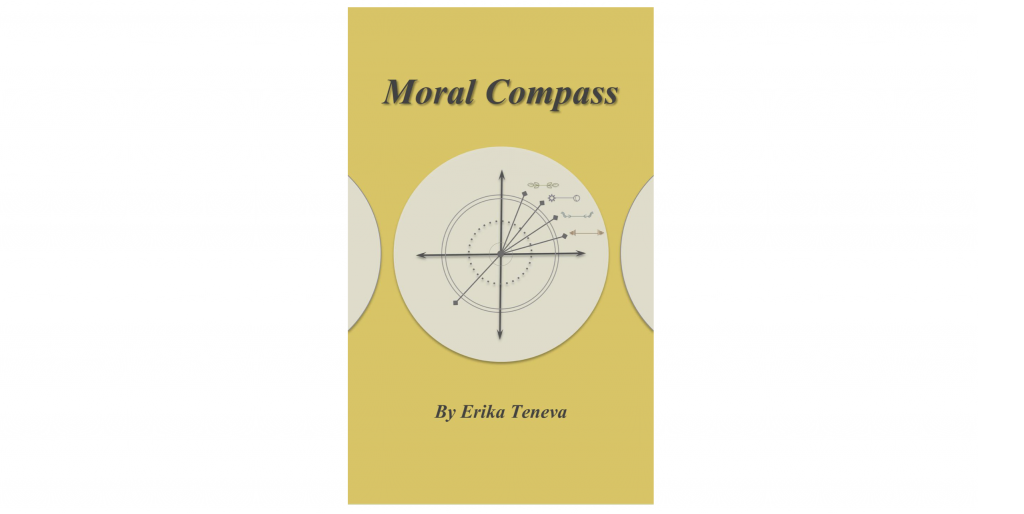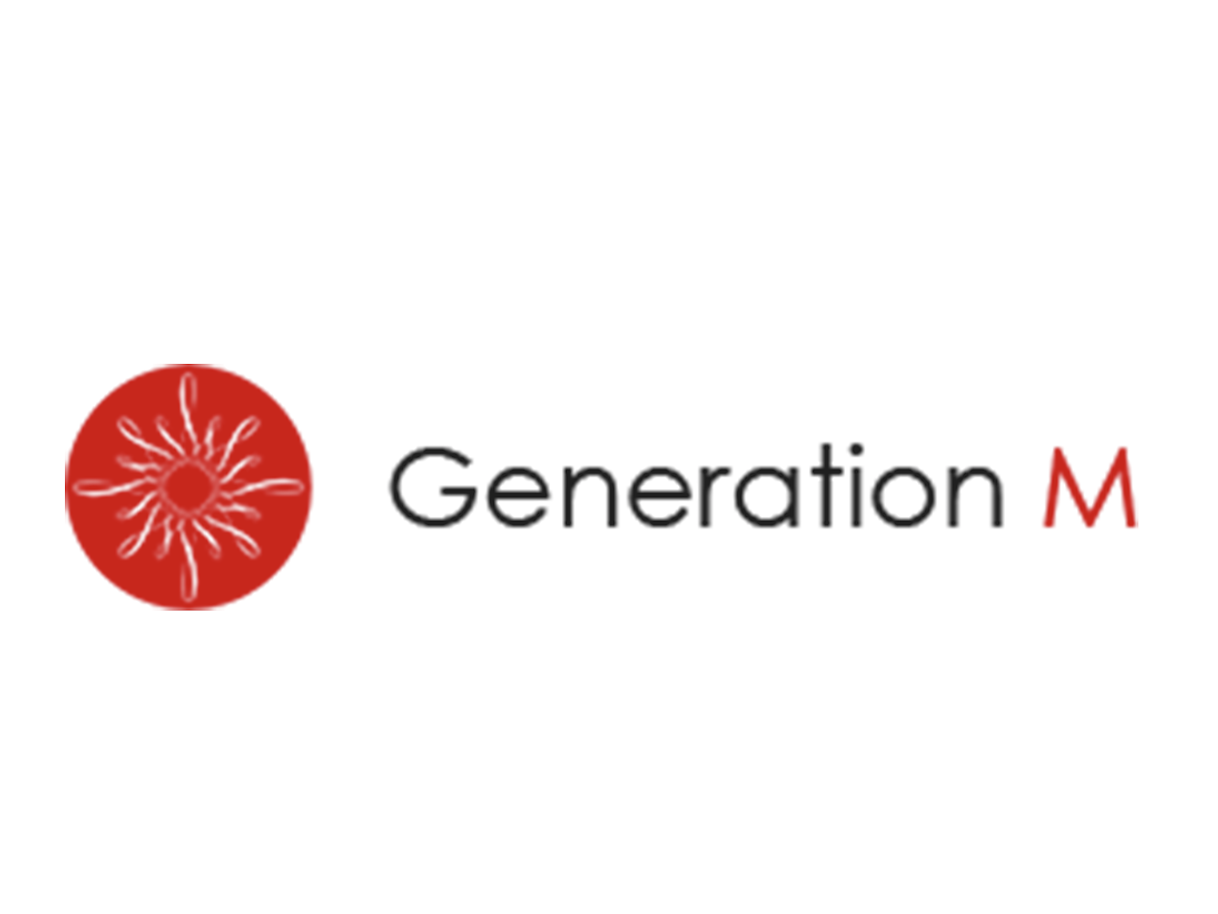Generation M’s Global Co-Chair, Kristina Dimitrievski interviewed Erika Teneva, author of Moral Compass. Moral Compass is a collection of poems brought together to narrate dreams, depict family dynamics, and retell folklore. The mystical meets reality with the musings of psychological and philosophical renderings of political tension, personal struggle, modern day absurdities, and of course, love.
Erika, thank you for taking the time for this interview! Tell us a little bit about yourself.
I was born in Štip, Macedonia and I lived there until I was about 3. We moved to the U.S. in 2000, and eventually made our way to the Washington, D.C. area, which I love. In the meanwhile, I was spending my summers back home in Macedonia, making memories. These summers were when I was actively practicing (and basically relearning) my language and absorbing my heritage through first hand experiences. When the time came, I was looking at universities near by, so that I could return to the area that I grew to love so much and fortunately found American University Bulgaria (AUBG), from which I graduated last May. During my time there, Bulgaria became my third home and nestled its way into my heart as well. My undergrad was also when I rediscovered my love for stories, poems and telling stories through poetry!
Congratulations on your book, Moral Compass! Your family must be so proud of your accomplishments. Where is your family from in Macedonia?
Thank you! My mom’s side is from Delčevo/Selo Grad and my dad’s side is from Štip / Sokolarči.
What was the inspiration behind Moral Compass? How long was the entire process of creating this book?
My inspiration came from different elements of my life experiences, both in Macedonia and the U.S.. I already had some pieces of writing that I wanted to include in the book, but I started writing new poems, accumulating and editing them around February of 2018. I released the book the same year in December, so it was almost a full year of hard work.
What sparked your interest to begin writing poetry in general?
I’ve been writing since I was 12 years old. I remember the first poem I ever wrote was at the dining table with my mom, who is herself a writer. I asked her to write me one while I did the same for her, and her encouraging reaction to my poem was what made me believe I could write.
Is poetry your main outlet for your life experiences, or is there another medium you prefer?
I simply began with poetry. However, I am trying to branch out into other forms of writing! My plan is to delve into short stories and eventually work my way up to a novel.
What are your plans after Moral Compass? Any chances of writing another book?
Moral Compass was a test for myself and my abilities. It was a necessary first step toward the writing world, however I have a lot to learn. I am definitely thinking of another book, although it will be something other than poetry for now (I have to collect a few more pieces for another book). I constantly have ideas floating around in my head though, so I guess we’ll just have to see which ones manifest first.
What “modern day absurdities” do you like to write the most about, and do they affect your writing style?
The “modern day absurdities” that I write about in the book are mostly about love, mental health, and life’s philosophical reflections that I think everyone comes in contact with. When I was writing and compiling the pieces that fall under this category, I did notice that my tone tended to change to a more sarcastic and jaded one. This definitely was a darker twist in comparison to the rest of the book, which was written with a more whimsical and nostalgic feel.
What is some advice you would give to young aspiring or upcoming writers?
- Don’t rush your writing; the words will come naturally
- You will edit SO much, sometimes straying from the original, and that’s okay
- ALWAYS write down any bursts of inspiration (whether it’s just a line, a word, or a whole theme). I can’t count how many times I didn’t write down beautiful lines, only to forget them later
You also do your own illustrations, can that be seen in your book as well?
I decided to do the cover and inside poem “dividers” myself digitally. It was difficult for me since I am more used to paper and a pencil, but again, it was a push towards understanding what I’m capable of.
What themes did you explore for your book? Are there some you will like to revisit or explore in more depth in your future endeavors?
Oh, for sure! I loved writing on the theme of tradition and folklore, and I definitely think this is something that will come up again and again in my future writing. Also, the theme of dreaming is one that has become my signature and I plan on growing this further for myself.
Does your poem East of the West sum up your experience living in the U.S.? If so, has your view changed at all since?
Absolutely. East of the West was meant to comment on the unfortunate downfalls of BOTH my Eastern and Western homes. My view hasn’t changed since, however, “my heart still beats and my soul still dances in a very hopeful middle” :-).
In your book, you delve into folklore. What was the process in writing and where did you draw your inspiration from?
Yes, this was the most fun part for me! I already knew some old folklore that was simply just passed down to me throughout the years by my mother, grandmother and even great-grandmother. I did, however, do some extra research and made sure to check with them about some of it. Traditional folklore has just always been totally riveting to me, and I truly enjoyed getting inspired by tales that have been passed down for generations. The Poem Rituals especially included some of my favorites that I’ve heard (and have tried!).
—
Moral Compass can be purchased in both paperback and Kindle versions on Amazon, as well as Barnes & Noble and Apple Books.

—
The views of the author may not necessarily reflect the views of the United Macedonian Diaspora and Generation M.



